Targeted advertising and abuse of dominant position: what impact will the record fine imposed on Apple have?
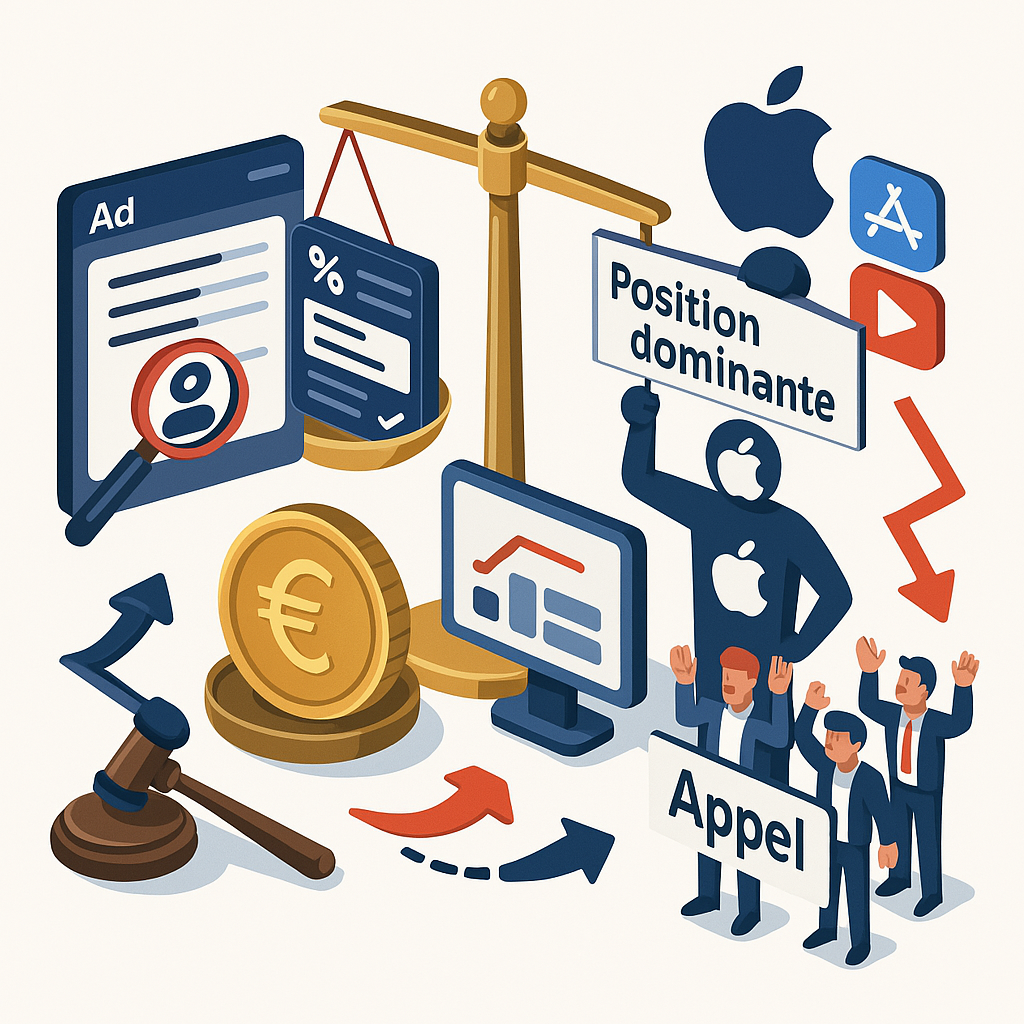
Recent legal news has been marked by a major decision by the French competition authority, the Autorité de la Concurrence, to impose a record fine of 150 million euros on Apple for abusing its dominant position in the mobile application distribution sector. The ruling, issued on March 28, 2025, raises important questions about user consent and privacy.
The essential questions to ask before adopting a charter of good practice in artificial intelligence in business
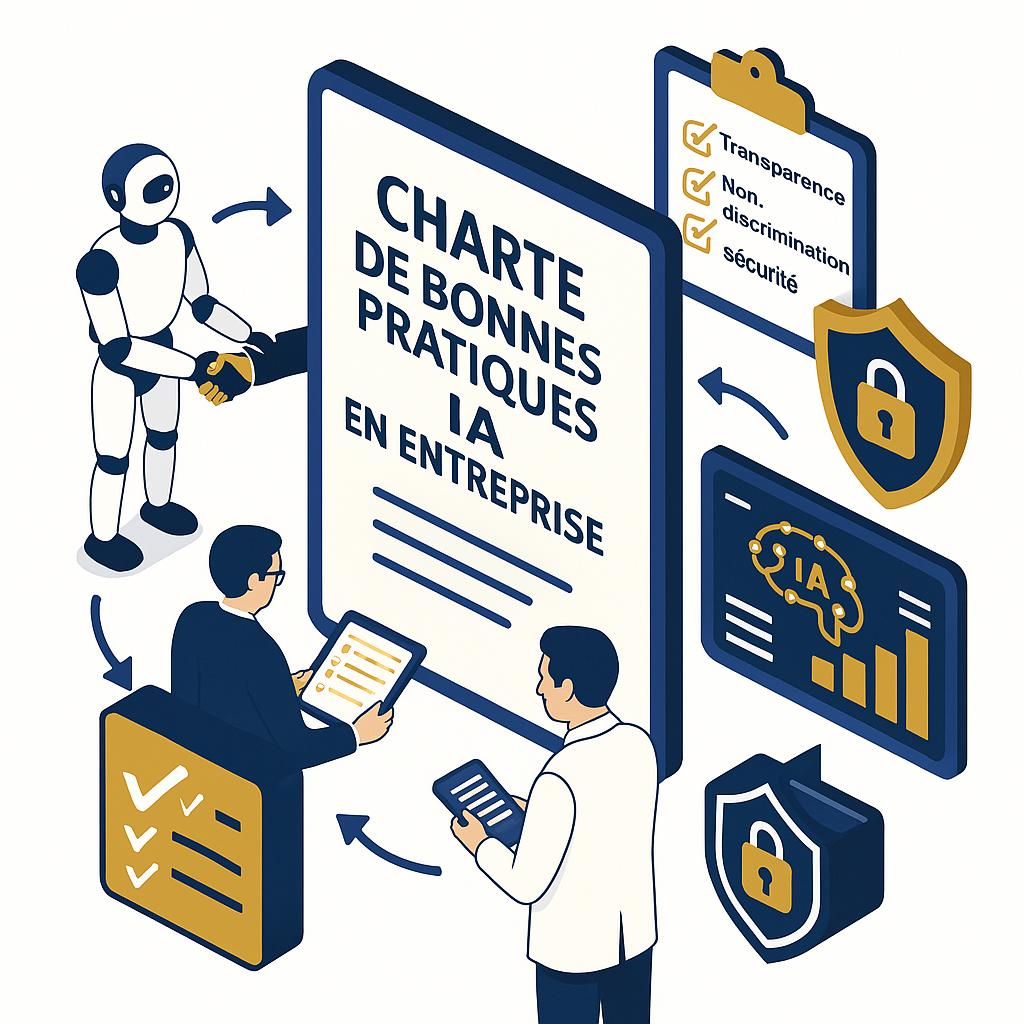
Adopting an AI best practices charter is becoming crucial in a context where artificial intelligence (AI) is significantly transforming the corporate landscape, raising a variety of issues ranging from ethics to compliance. This is an important step for organizations wishing to frame the use of these technologies while minimizing risks. By clearly defining [...]
EAA: Key requirements and implications for compliance

Directive (EU) 2019/882, commonly known as the European Accessibility Act, represents a significant step forward in harmonizing accessibility requirements within the European Union. This legislation aims to ensure that a range of products and services, from vending machines and banking services to e-commerce platforms, are accessible to all, particularly people with disabilities. [...]
EAS: which products and services are affected?
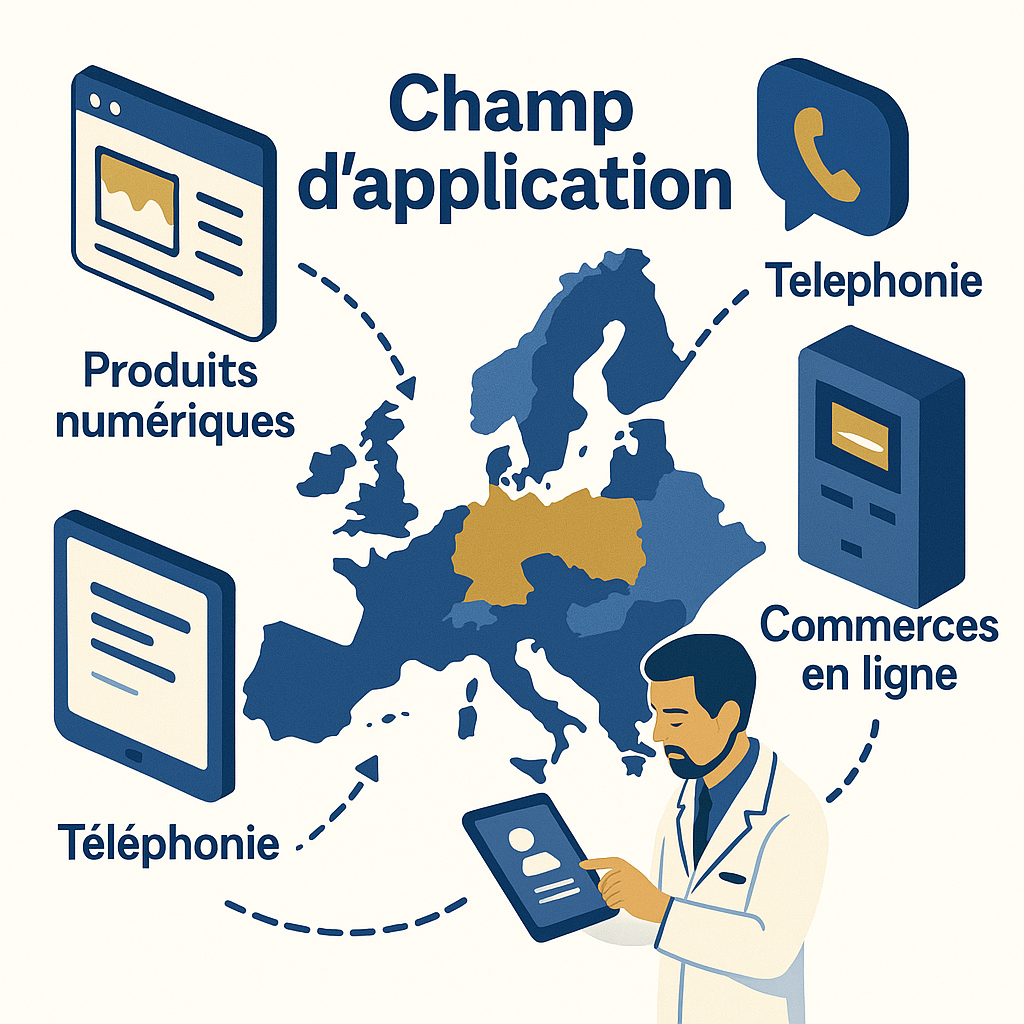
Accessibility is a fundamental issue in modern society, affecting both users and suppliers of services and products. The European legislative framework, in particular the European Accessibility Act (EAA), aims to ensure that various products and services are accessible to all, including people with disabilities. But what is [...]
Significant imbalance in franchising: recent trends and implications for franchisors?
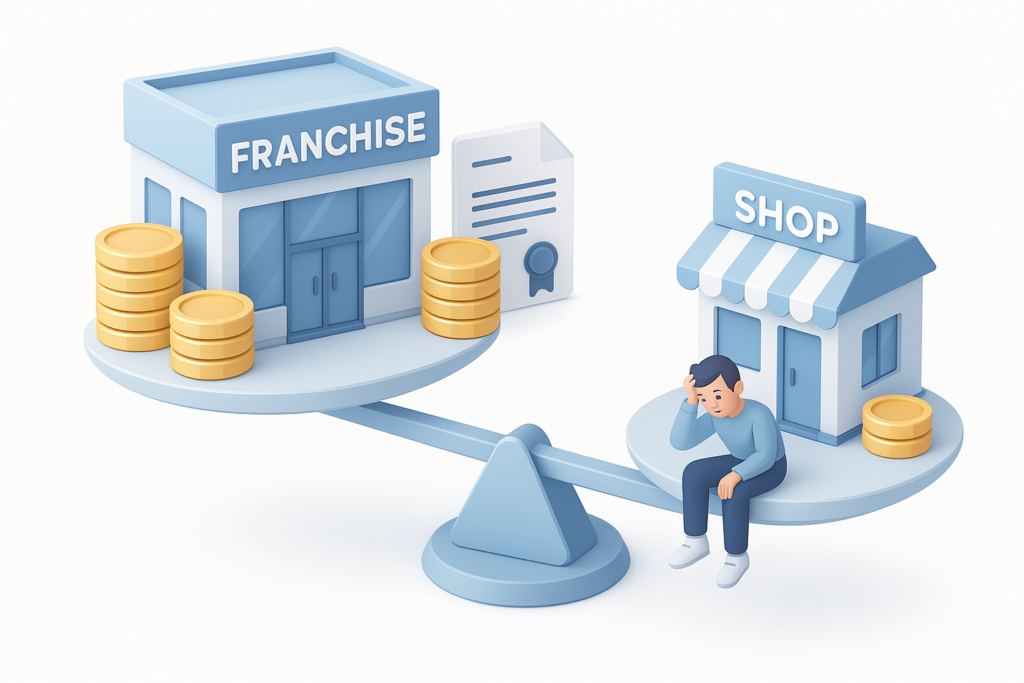
Le déséquilibre significatif en franchise est devenu un sujet de préoccupation majeur pour les acteurs de ce secteur. Alors que le droit de la franchise interagit de manière complexe avec le droit de la concurrence, les enjeux liés à cette notion se sont amplifiés, notamment à la suite d’une récente décision rendue par la Cour […]
Participative franchising: a risk to franchisee independence?
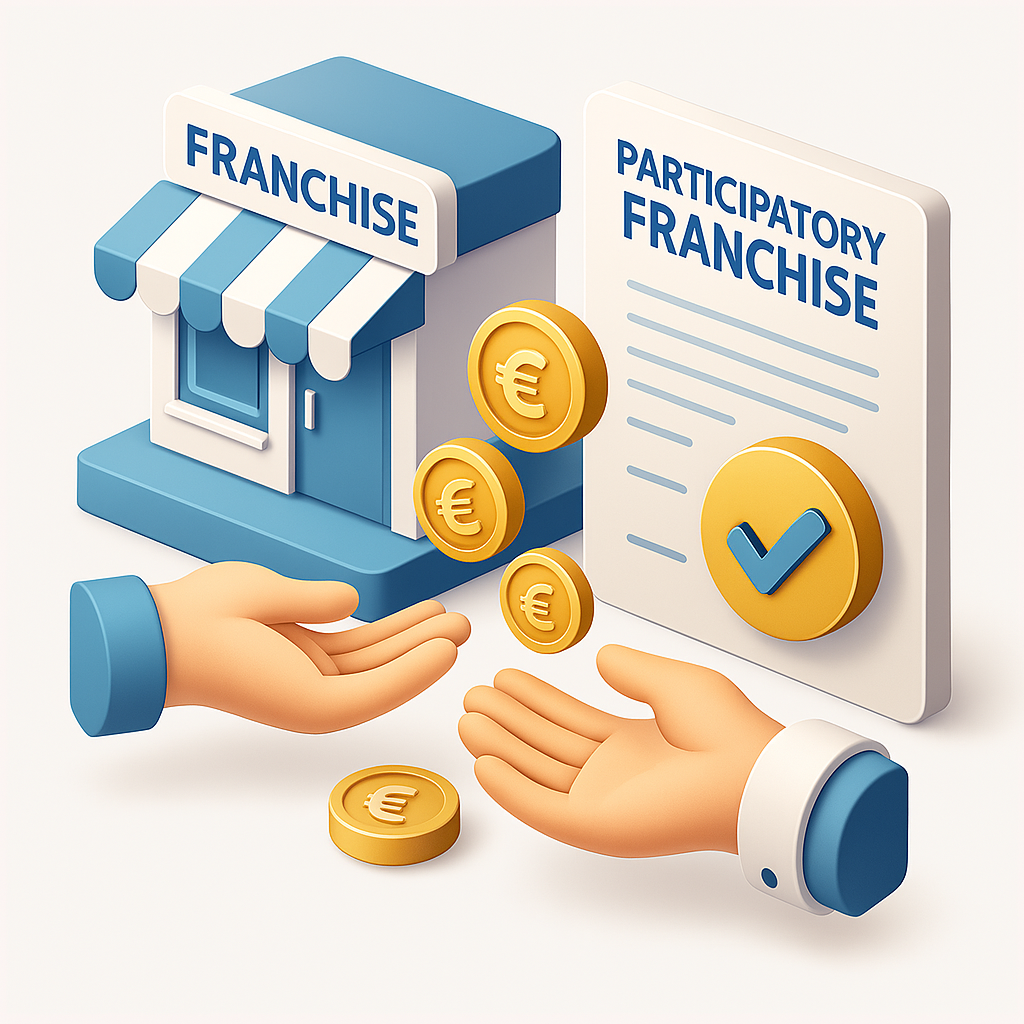
The emergence of the participative franchise concept raises fundamental questions about franchisee independence. The concept of participative franchising has emerged as an innovative solution in the French legal landscape, redefining the relationship between franchisors and franchisees. This practice, which involves direct financial participation by the franchisor in the franchisee's share capital, has [...]
Requests for authorization in the healthcare sector: CNIL's assessment in 2024
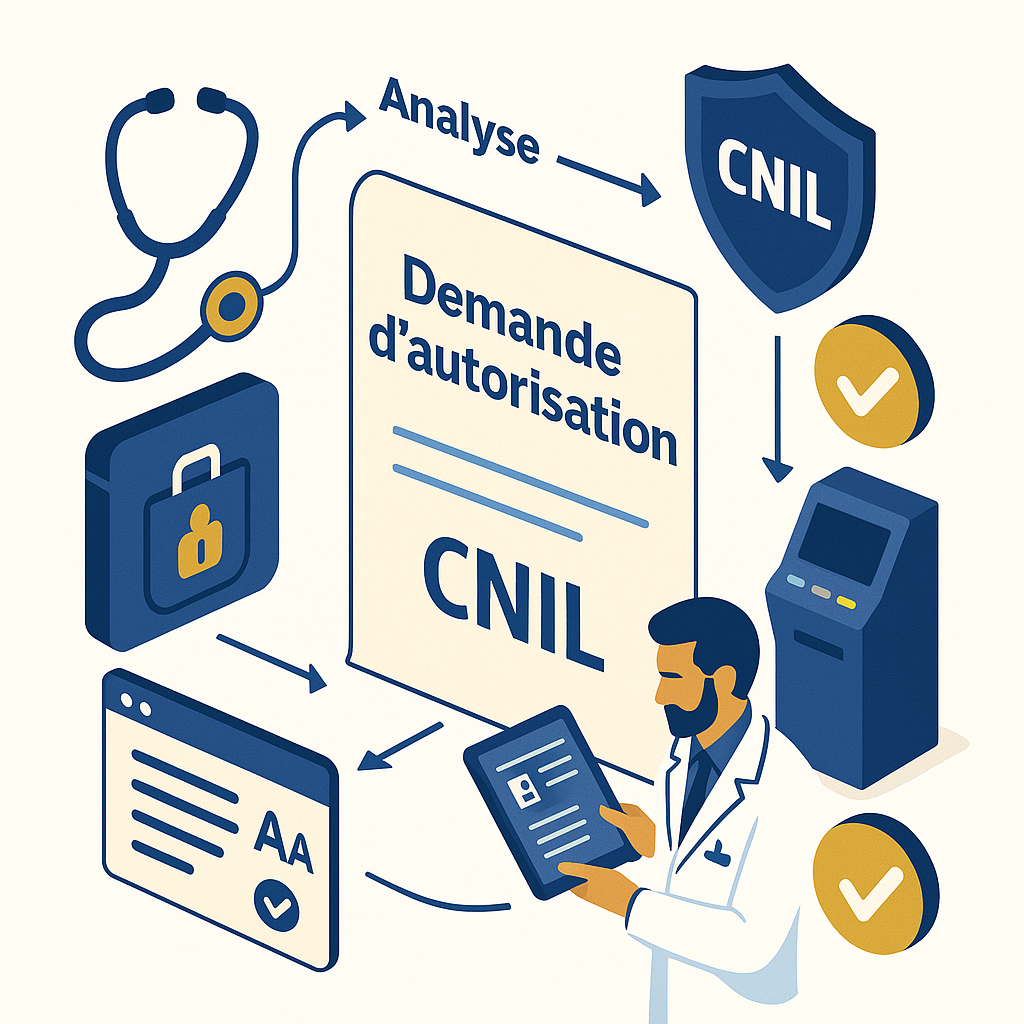
In 2024, the management of authorization requests in the healthcare sector reached a significant turning point, with a growing number of requests registered by the Commission Nationale de l'Informatique et des Libertés (CNIL). This dynamic trend, with 619 files submitted, underlines not only the growing importance of health data processing, but also the evolution of practices in terms of [...]
The impact of DSA harmonization on national law: towards uniform regulation of digital services?
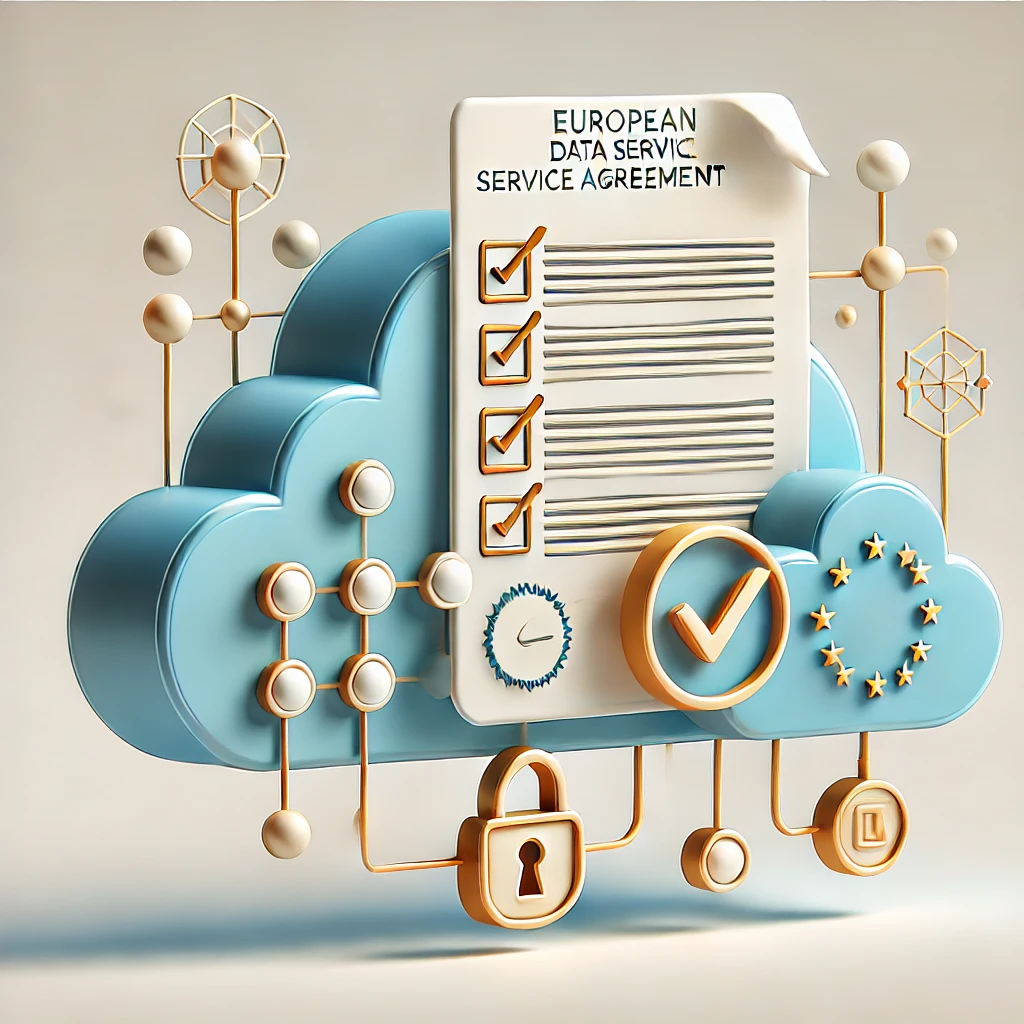
The adoption of the Digital Services Regulation (DSA) in 2022 by the European Union marks an essential turning point in the regulation of digital services. This text aims to harmonize the rules applicable to intermediary service providers, thus responding to the growing diversity of national legislation that threatened to fragment the internal market. However, this [...]
Do IT service providers always have to inform their customers? When lack of advice justifies contract cancellation
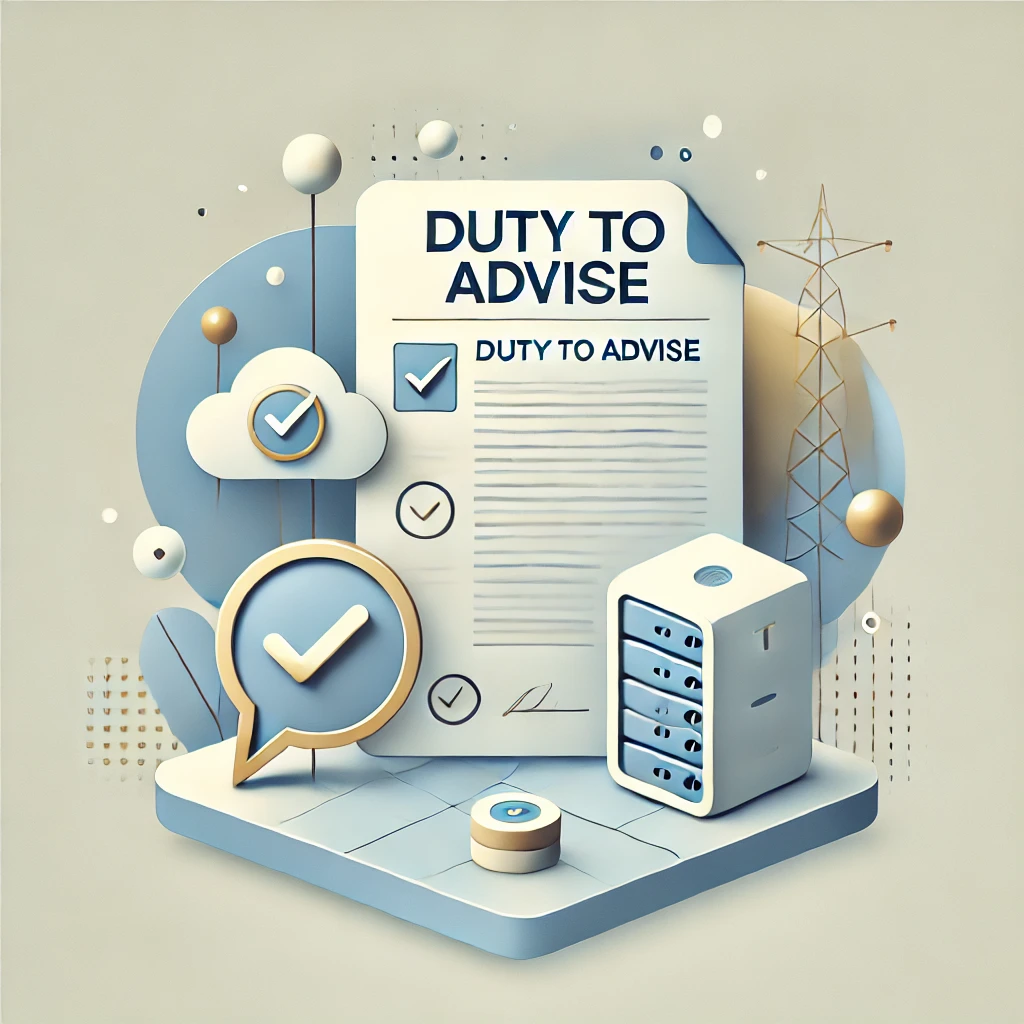
An IT service provider's obligation to inform and advise its customer is a fundamental principle of contract law. This obligation enables the customer to make an informed decision before entering into a contract, by ensuring that the product or service proposed truly meets his expectations. Within the framework of [...]
IT service provider: does your limitation of liability clause really protect you?
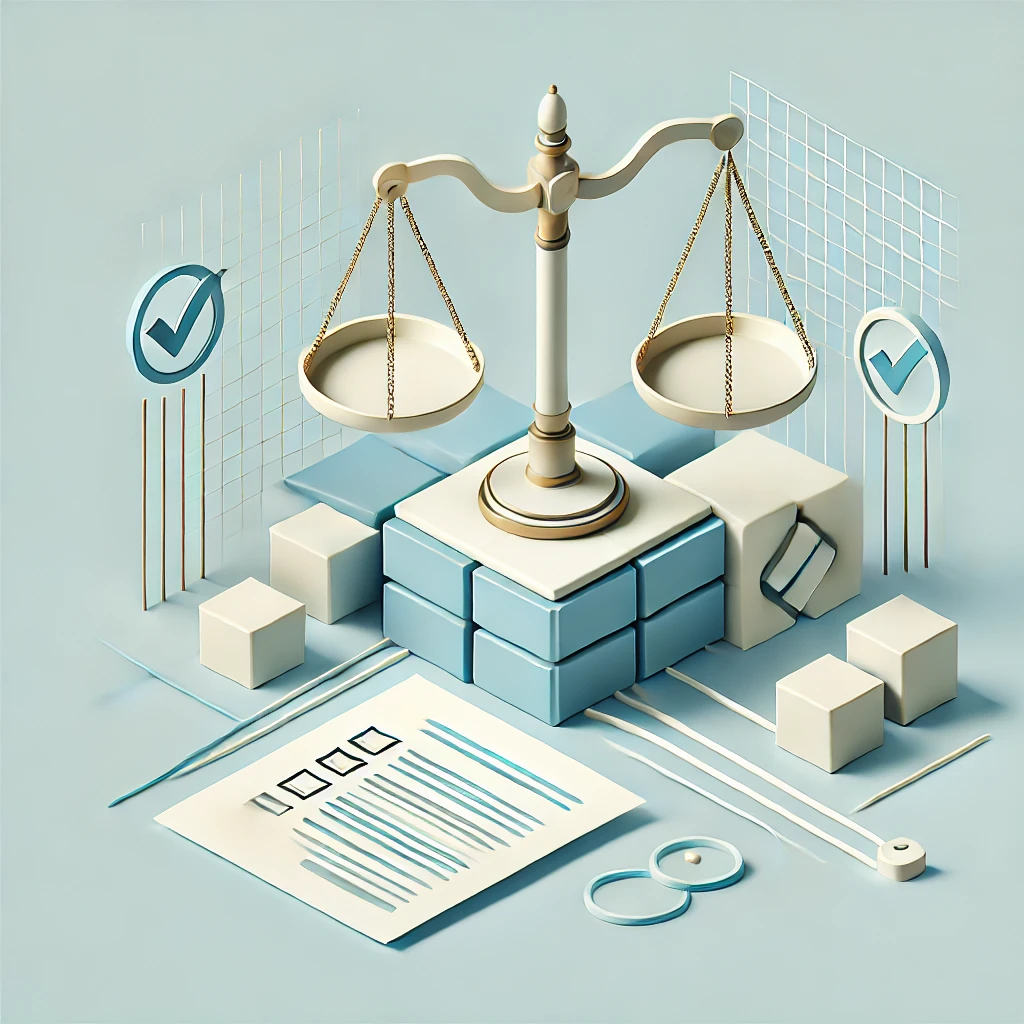
Can IT service providers be effectively protected by limitation of liability clauses? Limitation of liability clauses are a contractual shield often used by IT service providers to frame their obligations. But are they really effective in the event of a breach of the duty to advise? A recent decision by the French Court of Appeal [...].